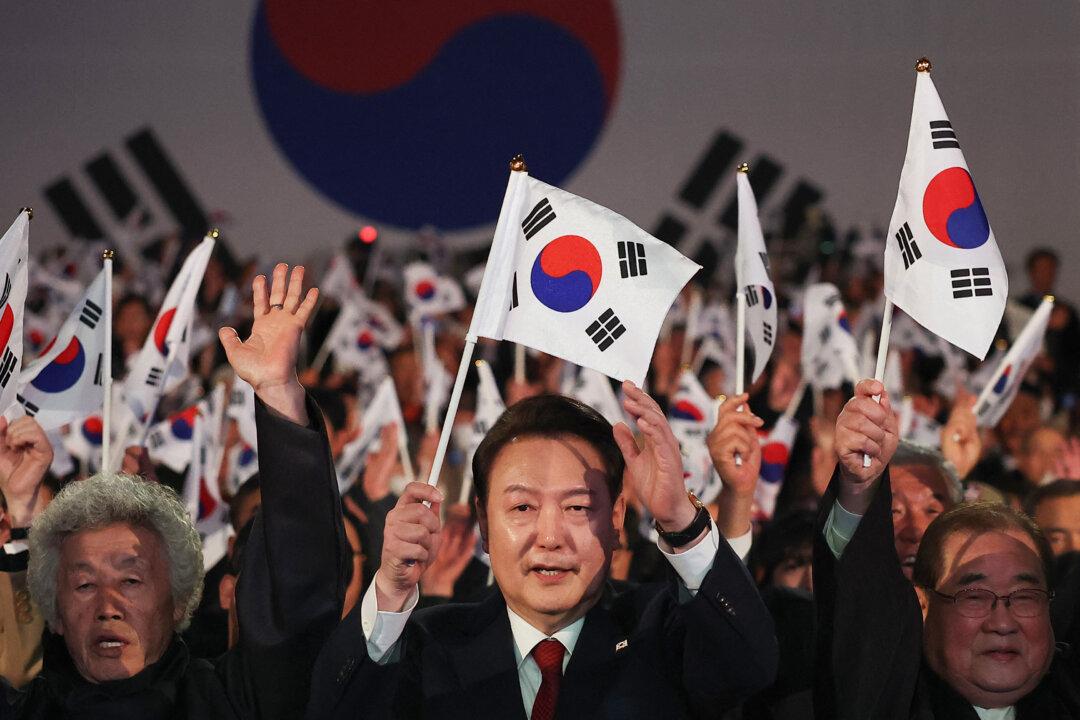YAOUNDE, Cameroon—Ethiopia, Somalia, and Somaliland have been plunged into an abyss of demonstrations and counterdemonstrations following the signing on Jan. 1 of a memorandum of understanding (MOU) between Addis Ababa and Somaliland granting Ethiopia access to the Red Sea.
The deal is in return for international recognition for Somaliland.





